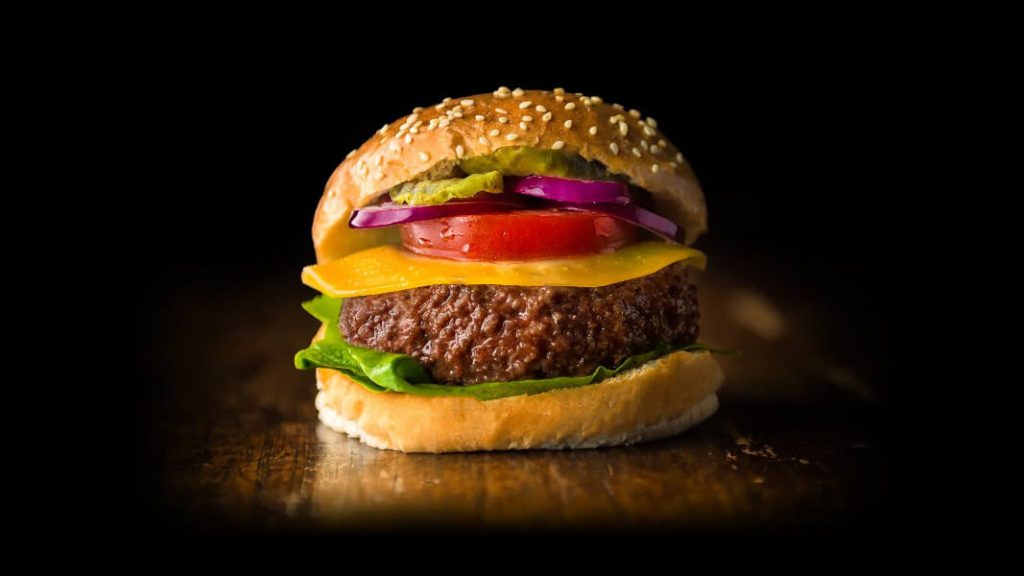Netherlands-based food tech company Mosa Meat has raised $8.8 million as reported by The Wall Street Journal. The funding will aid the company in its effort to launch its clean meat beef burgers to market by 2021. The Series A round of funding was backed by Switzerland’s top meat processor, the Bell Food Group and M Ventures, the corporate venture capital arm of multinational German pharmaceutical company, Merck KGaA.
“We are delighted to join forces with M Ventures and Bell Food Group to create the future of meat,” said Mosa Meat CEO Peter Verstrate. “M Ventures brings strong experience in the early-stage financing of science-based companies like ours and has added tremendous value throughout the fundraising process, while Bell Food Group brings strong downstream capabilities in meat processing and distribution. We think this is a perfect collaboration.”
Verstrate noted that Merck has expertise in both culturing cells and producing high-quality, scalable cell media, which will be invaluable in aiding Mosa Meat to scale up production of its clean meat products in a cost-efficient way. Currently, “cell media,” the nutrient growth substances used by clean meat companies to help cells grow and survive in an incubation environment, accounts for 80 percent of the cost of cultured meat.

“Replacing traditional meat production with cultured meat would have a huge impact on the reduction of greenhouse gas emissions, it would free up a large amount of resources that are now used for meat production worldwide, and will completely disrupt an old-established and currently unsustainable industry,” said Alexander Hoffmann, principal at M Ventures.
What is clean meat? In 2013, Mosa Meat created the world’s first slaughter-free burger grown from cow cells in a sterile environment. By launching its clean meat burger on a commercial level, the company hopes to supply the growing global population with a “real” option that is more environmentally sustainable, less resource-intensive, healthier, and kinder to animals than a traditional beef burger. Mossa Meat estimates that clean meat production will use 99 percent less land and 96 percent less water than animal-raised meat, making it a sustainable solution to feed the future.
“We believe this technology can become a true alternative for environment-conscious consumers, and we are delighted to bring our know-how and expertise of the meat business into this strategic partnership with Mosa Meat,” said Lorenz Wyss, CEO of Bell Food Group.

This is not the first time that the burgeoning cultured meat industry has attracted the attention of a high-profile meat producer. Tyson Foods, one of the leading producers of pork and chicken in the US, is an investor in two clean meat startups, Memphis Meats and Future Meat Technologies, and has launched the venture capital branch Tyson New Ventures LLC in order to invest in other new companies that are out to disrupt the meat industry. Cargill, one of the largest producers of beef in North America, is also an investor in Memphis Meats. And German poultry producer PHW Group is an investor in Israeli clean meat company, SuperMeat, in an effort to diversify its portfolio of alternative proteins. PHW has also partnered with Beyond Meat to bring the famous vegan Beyond Burger to Germany.
According to recent data from market research firm Markets and Markets, the clean meat industry is projected to reach $20 million by 2027. Along with Mosa Meats, competitor clean meat producers Memphis Meats and JUST are inching closer to a market debut.
Image Credit: Mosa Meat


